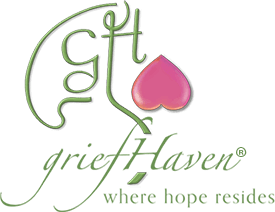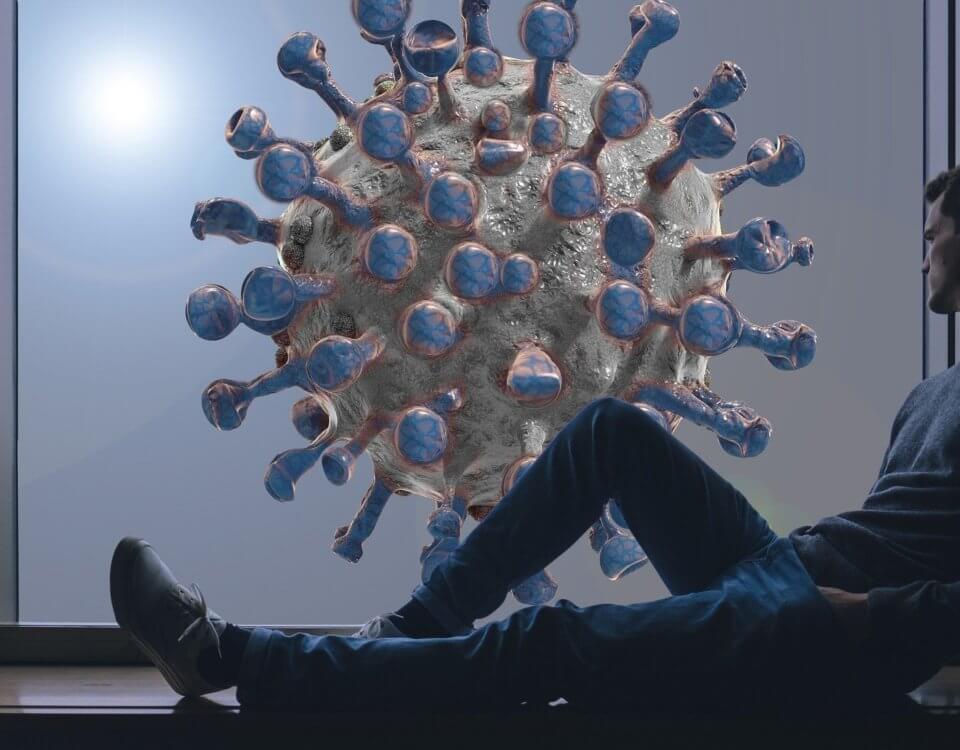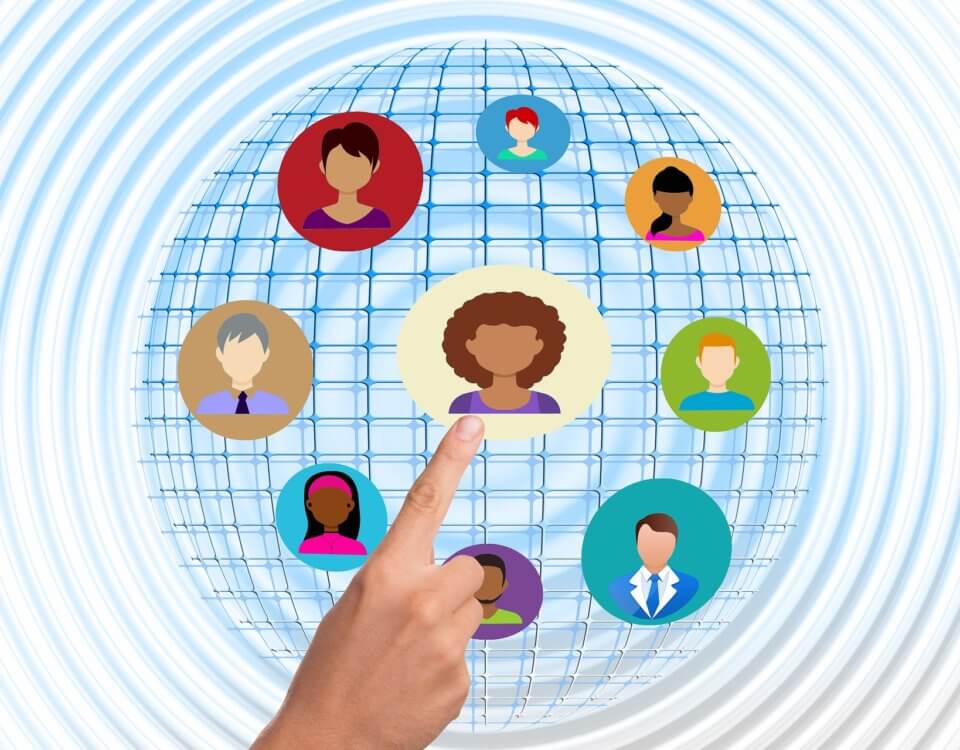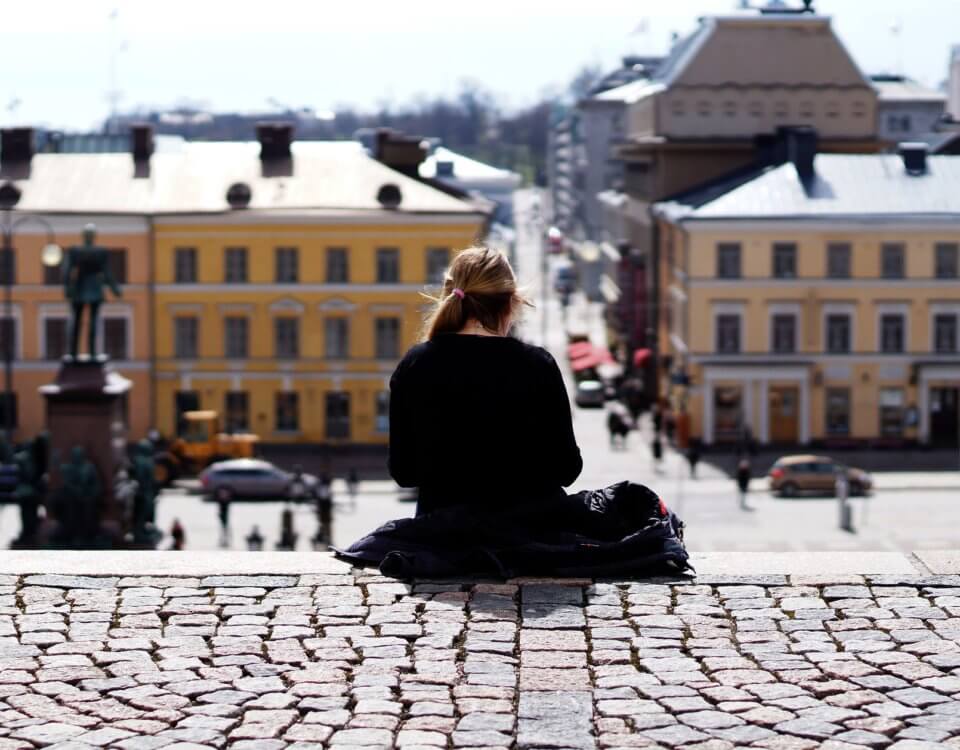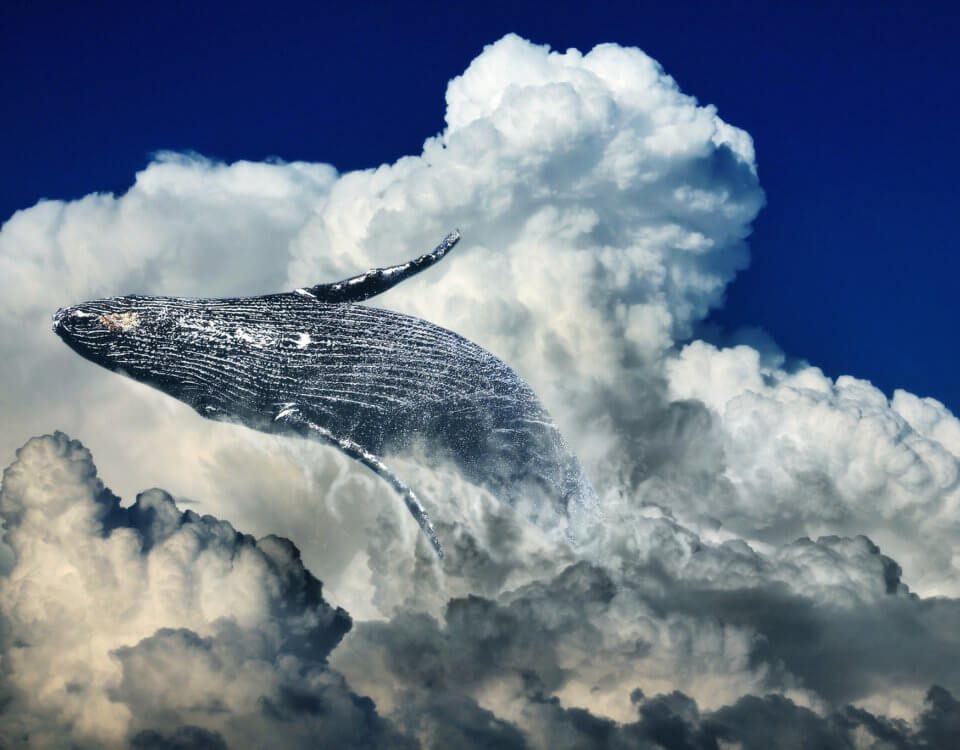Grief and Bereavement Articles and Grief Research
Below are research findings covering a range of topics regarding grieving
October 26, 2020
Increasing the amount of time spent asleep immediately after a traumatic experience may ease any negative consequences, suggests a new study conducted by researchers at Washington State University's Elson S. Floyd College of Medicine. Published today in Scientific Reports, the study helps build a case for the use of sleep therapeutics following trauma exposure, said William Vanderheyden, an assistant research professor and the lead author on the study. "Basically, our study has found that if you can improve sleep, you can improve function."
September 4, 2020
Researchers from Massachusetts General Hospital (MGH) have identified a set of modifiable factors from a field of over 100 that could represent valuable targets for preventing depression in adults. In a study published in The American Journal of Psychiatry, the team named social connection as the strongest protective factor for depression, and suggested that reducing sedentary activities such as TV watching and daytime napping could also help lower the risk of depression. "Depression is the leading cause of disability worldwide, but until now researchers have focused on only a handful of risk and protective factors, often in just one or two domains," says Karmel Choi, PhD, investigator in the Department of Psychiatry and the Harvard T.H. Chan School of Public Health, and lead author of the paper.
August 17, 2020
The study demonstrates an important new approach for evaluating a wide range of modifiable factors and using this evidence to prioritize targets for preventive interventions for depression. "Depression takes an enormous toll on individuals, families, and society, yet we still know very little about how to prevent it," says Smoller. "We've shown that it's now possible to address these questions of broad public health significance through a large-scale, data-based approach that wasn't available even a few years ago. We hope this work will motivate further efforts to develop actionable strategies for preventing depression." The study's two-stage approach could also be used to inform the prevention of other health conditions.
July 20, 2020
In Leanne O’Sullivan’s poem “Leaving Early,” the poet writes to her ill husband, entrusting him into the care of a nurse named Fionnuala. As the novel coronavirus sweeps the globe, many of us can’t physically be there for loved ones who are sick. Instead, it is the health care workers — and all involved in the health care system — who are tirelessly present, caring for others in spite of exhaustion and the risk it brings to their own wellbeing. We offer this episode of Poetry Unbound in profound gratitude toward all who are working in healthcare right now.
July 16, 2020
Memories linked with strong emotions often become seared in the brain.
Most people can remember where they were on 9/11, or what the weather was like on the day their first child was born. Memories about world events on Sept 10, or lunch last Tuesday, have long been erased.
Why are memories attached to emotions so strong?
"It makes sense we don't remember everything," says René Hen, PhD, professor of psychiatry and neuroscience at Columbia University Vagelos College of Physicians and Surgeons. "We have limited brain power. We only need to remember what's important for our future wellbeing."
July 9, 2020
With graduation ceremonies, weddings, funeral, annual parades, and many other gatherings called off, it is apparent that our lives are filled with rituals. UConn Assistant Professor of Anthropology Dimitris Xygalatas studies rituals and how they impact our health. In research published today in Philosophical Transactions of the Royal Society, Xygalatas and collaborators from Masaryk University, Czech Republic, including former UConn student Martin Lang, examine the important roles rituals play in reducing our anxiety levels.
June 21, 2020
Social media sites aren't the only things that keep track of your social network -- your brain does, too. But loneliness alters how the brain represents relationships, according to new research published in JNeurosci. A brain region called the medial prefrontal cortex (mPFC) maintains a structured map of a person's social circles, based on closeness. People that struggle with loneliness often perceive a gap between themselves and others. This gap is reflected by the activity patterns of the mPFC. Courtney and Meyer used functional magnetic resonance imaging to examine participants' brain activity while they thought about the self, close friends, acquaintances, and celebrities.
June 21, 2020
Over the past few months at least half of the world's population has been affected by some form of lockdown due to COVID-19, and many of us are experiencing the impact of social isolation. Loneliness affects both mental and physical health, but counterintuitively it can also result in a decreased desire for social interaction. To understand the mechanics of this paradox, UCL researchers based at the Wolfson Institute and the Sainsbury Wellcome Centre investigated social behaviour in zebrafish. Their results are published in eLife.
June 11, 2020
New and diverse experiences are linked to enhanced happiness, and this relationship is associated with greater correlation of brain activity, new research has found. The results, which appear in the journal Nature Neuroscience, reveal a previously unknown connection between our daily physical environments and our sense of well-being. "Our results suggest that people feel happier when they have more variety in their daily routines -- when they go to novel places and have a wider array of experiences," explains Catherine Hartley, an assistant professor in New York University's Department of Psychology and one of the paper's co-authors.
June 11, 2020
Traumatic stress can cause aggression by strengthening two brain pathways involved in emotion, according to research recently published in JNeurosci. Targeting those pathways via deep brain stimulation may stymie aggression associated with post-traumatic stress disorder. The consequences of traumatic stress linger long after the stress ends. People suffering from post-traumatic stress disorder often display heightened aggression, caused by unknown changes in the amygdala.
June 9, 2020
Korea Brain Research Institute (KBRI, President Pann Ghill Suh) announced on May 26 that a joint research team, led by Prof. Joung-Hun Kim and Dr. Joo Han Lee at the Pohang University of Science and Technology (POSTECH), Dr. Ja Wook Koo at the KBRI, and Prof. Eric Nestler at the Icahn School of Medicine at Mount Sinai, discovered that dopamine D2 receptors (DRD2s) in cholinergic interneurons (ChINs) play a crucial role in cocaine addiction. The findings were published in Biological Psychiatry, a leading academic journal in the field of psychiatry.
June 9, 2020
Even among healthy people, a faltering memory is often an expected part of aging -- but it's not inevitable. "Some individuals exhibit remarkable maintenance of memory function throughout late adulthood, whereas others experience significant memory decline. Studying these differences across individuals is critical for understanding the complexities of brain aging, including how to promote resilience and longevity," said Alexandra Trelle, a postdoctoral research fellow at Stanford University. Building on studies that have focused on young populations, Trelle and colleagues are investigating memory recall in healthy, older adults
